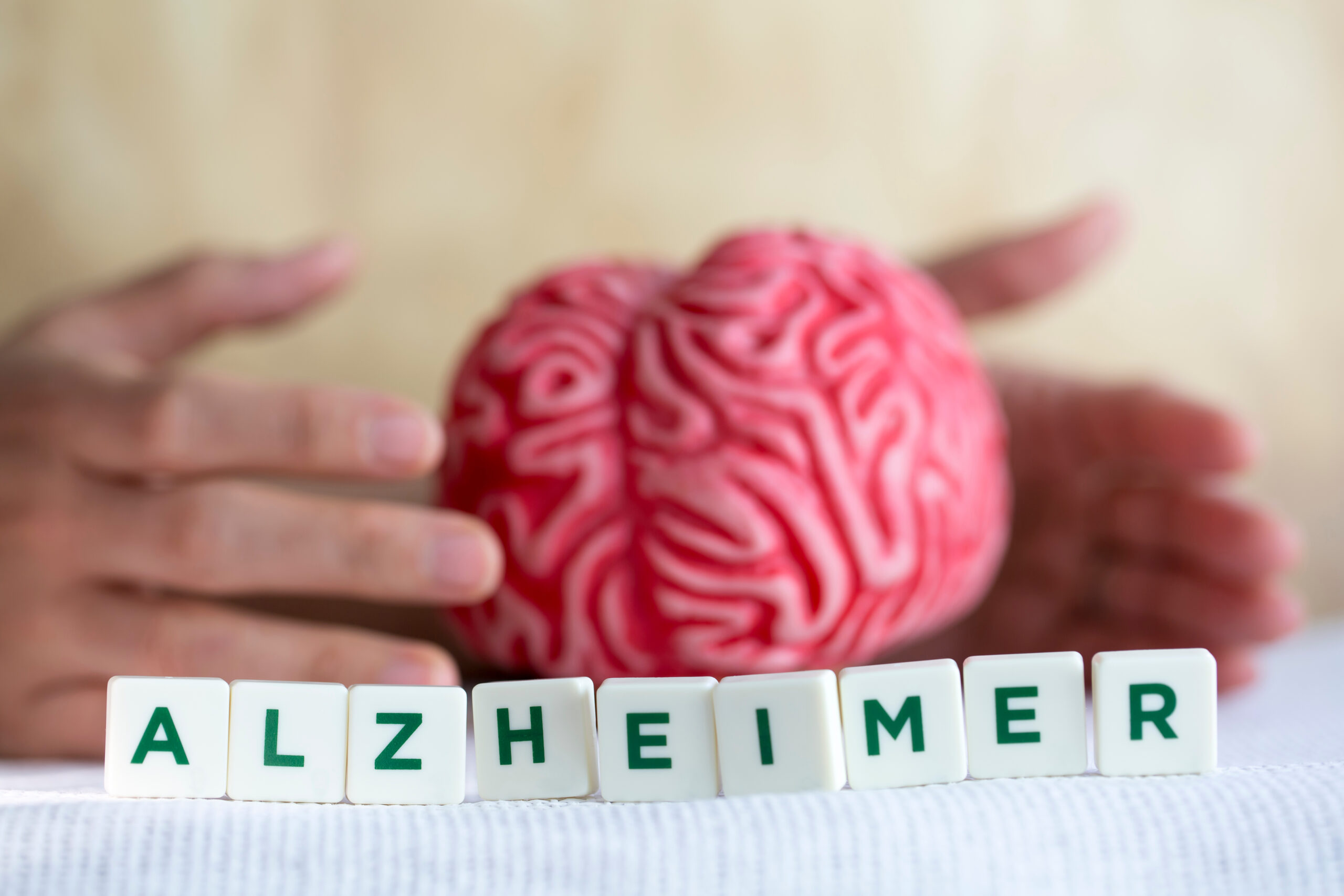Why Dementia Patients Sometimes Remember the Past Better
**Why Dementia Patients Sometimes Remember the Past Better**
Dementia, including Alzheimer’s disease, is a condition that affects memory and cognitive function. However, it’s not uncommon for people with dementia to suddenly remember the past with remarkable clarity. This phenomenon can be both heartwarming and puzzling for family members and caregivers. Let’s explore why this happens and how it can be encouraged.
### Why Do Dementia Patients Sometimes Remember the Past Better?
1. **Long-Term Memories**: Dementia primarily affects the hippocampus, a part of the brain responsible for forming new memories. However, long-term memories, such as those from childhood or significant life events, are often stored in other parts of the brain. These memories can remain preserved even in the early or middle stages of the disease[1].
2. **Familiar Stimuli**: Moments of full memory can be triggered by familiar stimuli like smells, sounds, and sights. For example, the smell of a loved one’s perfume or the taste of a favorite childhood meal can evoke vivid memories[1]. Music from significant life events, such as a wedding or christening, can also bring back memories with astonishing clarity[1].
3. **Emotional Connection**: Emotional connections play a significant role in memory recall. Engaging in meaningful conversations about past events or looking at family photos can help dementia patients remember and connect with their past[3].
### How to Encourage Memory Recall
1. **Use Sensory Stimuli**: Using sensory stimuli like familiar objects, smells, and music can help trigger memories. For instance, bringing a patient’s favorite childhood blanket or playing their favorite songs can evoke positive sentiments from the past[1][3].
2. **Engage in Conversations**: Engaging in conversations about life events, such as family vacations or traditions, can guide dementia patients toward remembering and feeling emotional relief[1][3].
3. **Create a Familiar Environment**: Surrounding a patient with familiar items from the past can foster fond memories and enhance their comfort and well-being. This can include photos, knick-knacks, or objects from their childhood[1][3].
4. **Incorporate Activities**: Engaging in activities like storytelling, reminiscence therapy, and creative projects can stimulate mental associations and help patients feel connected to their past. These activities include sharing stories from childhood, recalling favorite memories, or discussing photos from family albums[3].
### The Emotional and Therapeutic Benefits
Moments of full memory may not be common, but they can bring comfort and positive feelings to both the patient and their loved ones. These brief periods of clarity can help improve the patient’s mood and foster deep connections with family members. By talking about positive memories from the past, everyone involved can relish in moments of joy and work to generally improve the patient’s quality of life[1].
### Conclusion
While dementia is a progressive condition that affects memory and cognitive function, it is possible for patients to experience moments of full memory. These moments are often triggered by familiar stimuli and emotional connections. By using sensory stimuli, engaging in meaningful conversations, and creating a familiar environment, caregivers can encourage memory recall and enhance the patient’s quality of life. These brief moments of clarity may not indicate recovery, but they can bring comfort and joy to both the patient and their loved ones.





